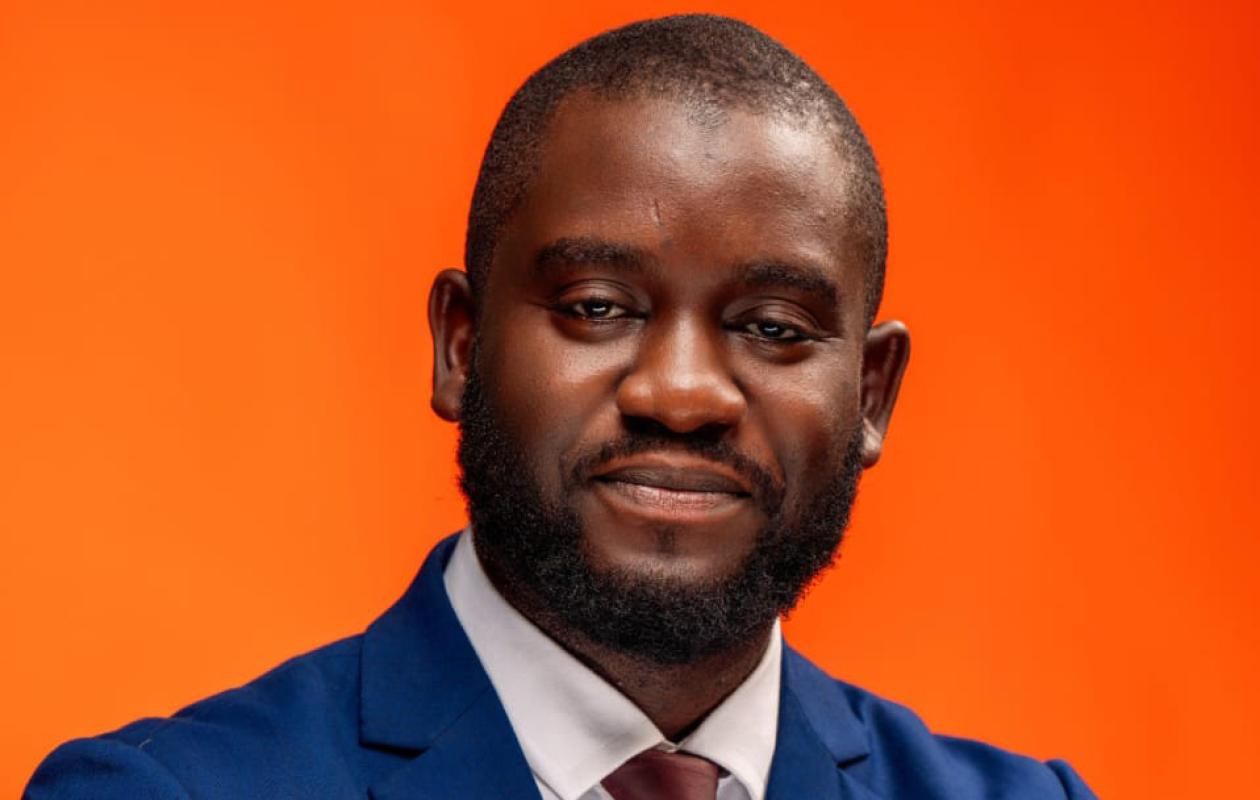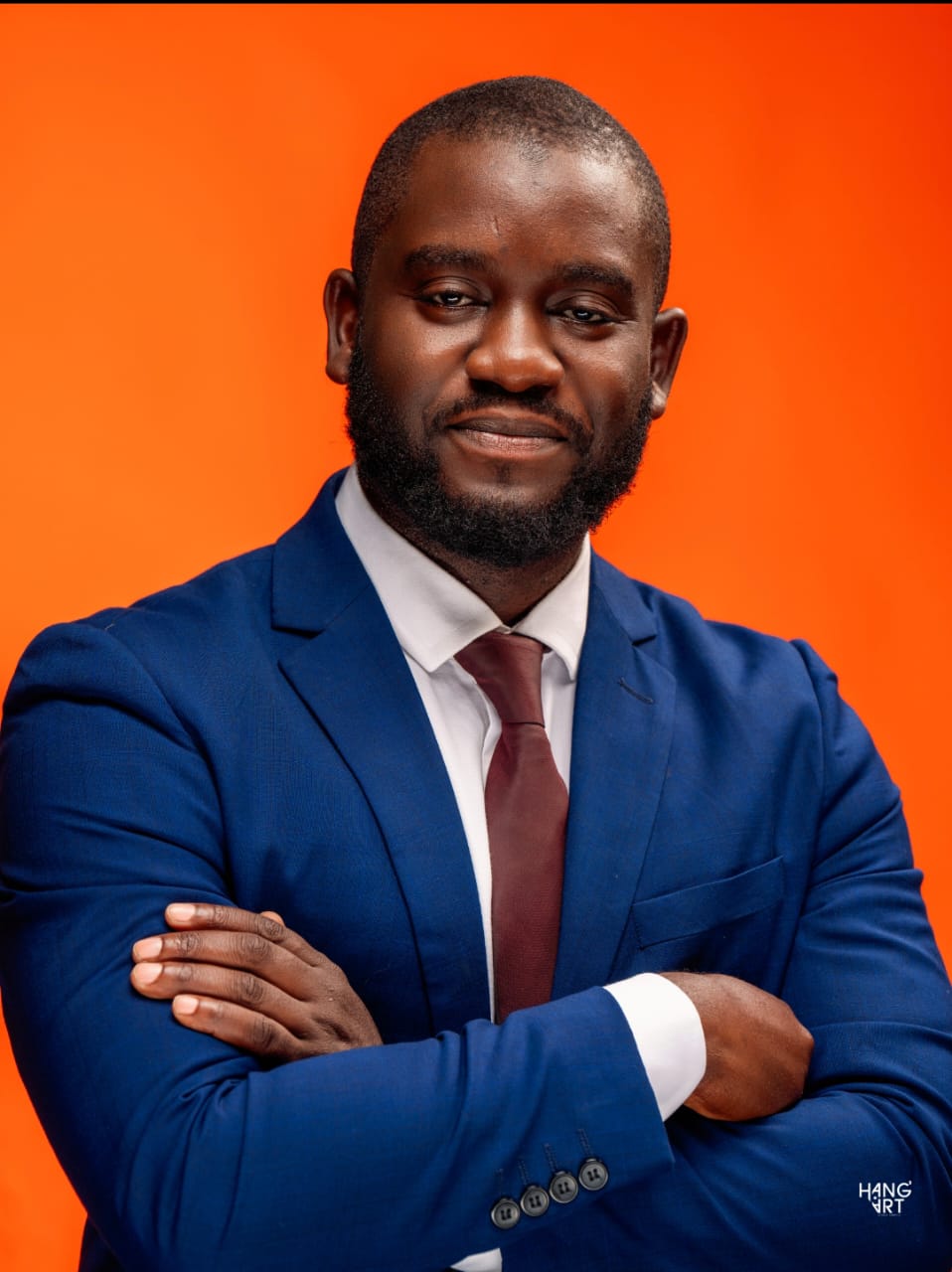
« Munqidh » : Dr Moussa Diop, la parole au service de la lumière spirituelle
Inviting the reader on an inner journey and using prayer and praise of the Prophet (ﷺ) as instruments of meditation. This is the ambition of Dr. Moussa Diop with his latest collection of 57 poems entitled "Munqidh." Heir to a Sufi tradition that he distinguishes from brotherhood, he shares an open quest, driven by divine and human love. In this interview, he offers readers a meditative experience.
Why did you choose "Munqidh" as the title of this collection of poems?
Munqidh literally means "one who saves, who liberates, who delivers from danger." This term carries within it the idea of help and deliverance. I have always said that my first teacher was Abu Hamid al-Ghazali, author of a fundamental work, al-Munqidh min ad-dalal (Deliverance from Error), which profoundly influenced my spiritual vocation, as did his Ihyâ' 'ulûm ad-dîn and the Masâlik al-jinân of Sheikh Ahmadou Bamba. In choosing this title, I wanted to associate prayer and praise of the Prophet ﷺ with this idea of spiritual salvation. In the Sufi path, these two practices constitute the foundation of the journey: they are at once an instrument of meditation, a path to inner illumination and a gateway to gnosis.
The book contains 57 poems. Why did you choose this number and what particular resonance did you want to give it?
I only set the number as a last resort, when I feel that the writing of the book is complete. Here, the number 57 refers to Surah al-Ḥadîd (The Iron). The image of iron certainly refers to matter, but also to a more subtle symbolism. My text is part of this dialogue between matter and spirit, between the visible and the invisible. I wanted to recall this duality inscribed in divine affairs: day and night, sun and moon, man and woman, speech and silence.
Praising the Prophet ﷺ is at the heart of your work. What qualities of his inner state do you think are most urgent to rehabilitate in our societies today?
Its visible qualities – patience, endurance, empathy, kindness, the ability to rise above one's own interests, justice and commitment to truth – are virtues that our societies urgently need.
As for his inner qualities, may God grant us even a part of them, they remain out of reach without a true journey or divine grace. The Prophet ﷺ is the one who is close par excellence, the one of whom the Quran says: "Then he approached and descended, and he was two bowshots away or closer still," S.53:8-9). He is the Intimate of God, the archetype of uns (spiritual intimacy) and much more. No one is like him, and no one ever will be. Yet, he remains for us "uswatun ḥasanatan" (an excellent model, S.33:21). It is this exemplarity that we must rehabilitate: not by claiming to reach his rank, but by drawing inspiration from his inner state to restore in ourselves and in our societies the dignity, mercy and light of the divine presence.
Sufi poetry often has this function of inner song that transcends words to touch the soul. How do you manage, in your approach, to balance the mystical dimension and literary rigor?
The mystical dimension guides and dictates the literary dimension. In truth, words often seem insufficient to express what one truly wants to say. They have their limitations. Yet, they find their resonance and fulfillment in the inner realization of the writer, in the intention that animates them, and above all in the spiritual flow from which they benefit: the madad. Sufi writing is a demanding exercise, where the word must be in harmony with the breath.
Munqidh is a continuation of Koun fa yakoun. What distinguishes this second volume from the first in your spiritual and poetic journey?
The first volume was part of the dynamics of jadhb (divine attraction) and fanâ' (extinction within the sealed enclosure). Munqidh, for its part, opens a more advanced stage of the journey. It refocuses the gaze on the figure of the Prophet ﷺ and on his intimate reality. It is thus addressed to the informed reader who seeks to progress in the spiritual journey.
Still on this path, where are you?
I am still on the journey. A journey without end, because God is without end. Today, I share the fruits of this inner journey with those around me, beyond simple writing. With the permission of my master, the murshid, I now accompany other fellow disciples on the path. One could say that I have reached out, out of solidarity and brotherhood—for indeed, “believers are brothers.” The word sharing is central here.
The preface by Sheikh Ahmad Boukar Niang evokes the contrast between the break with the divine and the aspiration towards Him. How does your poetry attempt to reconcile these two poles of human experience?
My poetry, often in the form of song or prayer about the Prophet ﷺ, restores this tension between rupture and aspiration: it does not deny it, because it is constitutive of the human condition. But its meditative project aims to restore in us the awareness of the divine, to reactivate this perception of the “All-presence”.
You offer the reader not only a reading, but a meditative experience. How do you imagine your poems would be received by a reader uninitiated in Sufism?
I welcome all perceptions: from incomprehension to rejection, from wonder to amazement. To tell the truth, I'm not overly concerned about them. For those who know, know; and those who seek are already our traveling companions. With my books, some readers discover a new thirst and a will to journey; others deepen their spiritual experience and strengthen their resolve.
Sufism, in West Africa, is a deep-rooted but sometimes misunderstood tradition. Through Munqidh, what message do you hope to convey to young people often tempted by more radical forms of spirituality?
It is not my mission to convert people to Sufism, but I do have a duty to explain it and make it live for those who are called to it. Sufism was never intended to be universalizing. It is not a trend or a way of life, but a rigorous religious science, endowed with a demanding discipline.
In Senegal, Sufism and brotherhood are often confused, which limits their scope. Sufism is above all an individual vocation, followed by an enlightened approach.
If I have a message for African youth, it would be this: “Make the effort to know yourselves, to follow your path, to be true to your self.” For he who knows his self knows his Lord – man 'arafa nafsahu, 'arafarabbahu.
In your verses, what place does love – divine, but also human – occupy in your writing and your spiritual quest?
Love is the driving force of the spiritual journey: it is the energy that drives us forward and perseveres. The Quran makes this clear: “Say: If you love Allah, follow me; Allah will love you” (Qul in kuntum tuḥibbūna Llāha fa-ttabi'ūnīyuḥbibkumullāh).
Divine love illuminates and guides, but human love, in its pure dimension, also participates in this dynamic. The two respond to each other, nourish each other, and fertilize each other. Like a chain: the love of God, then that of His Prophet ﷺ, then that of the believer for the Prophet ﷺ.
If you had to define in a single poetic image what Munqidh is, what would it be?
These would be the letters of the name “Muḥammad”: Mîm – Ḥâ' – Mîm – Dâl.

Commentaires (0)
Participer à la Discussion